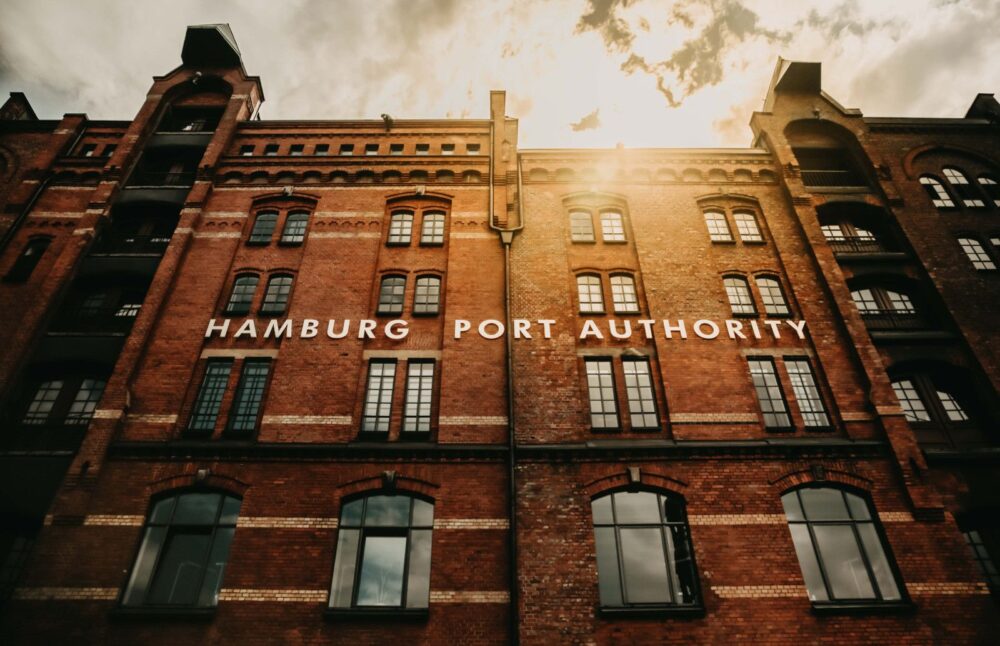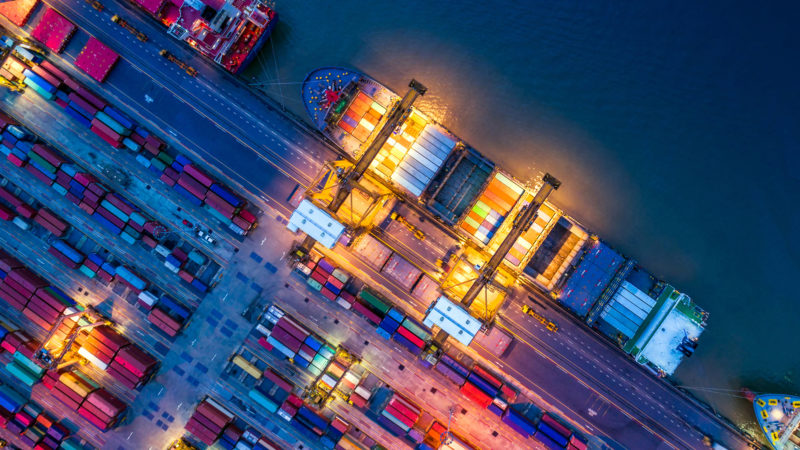The project is based on a clear idea: to create a space where ports can work together and share their most innovative experiences. “ChainPORT is an informal association of leading ports which are capable of exchanging and sharing knowledge, innovating, and promoting strategic issues”, says Dr Andreia Tolciu, director of the Business Strategy Department of the Hamburg Port Authority.
Quality, not quantity
At first, ChainPORT only had 5 members, but today it has 12. However, the ultimate goal of this association is not to grow or achieve large numbers. “We want to be small, exclusive and selective to ensure the fluidity of information and speed in the development of projects, something that it wholly in line with ports with a digital outlook”, says Dr Tolciu.Unlike other alliances, the size of the ports in ChainPORT doesn’t matter. There are very large members like Shanghai and Rotterdam, but also smaller ones like Barcelona and Montreal.So, what does a port need in order to meet the ChainPORT standards? “It has to be a SmartPORT, develop many digital solutions and be highly innovative”, says Andrea Tolciu.
Sharing knowledge
One of the most important features of the digital age is the ease with which knowledge can be shared. This is the cornerstone upon which ChainPORT is built: all of its members learn from each other by sharing their best practices and smart solutions. Given that ports are facing similar solutions, why not seek shared solutions instead of designing local solutions? This work dynamic, based on synergy and innovation, translates into a more efficient way of working. “This is where new management models, technology uses and innovation originate”, says Santiago García-Milá, Deputy Executive Director of Strategy and Trade at Port of Barcelona and president of the IAPH (International Association of Ports and Harbours).
Of all the strategic issues shared in this network, one of the most revolutionary ones is related to changing the narrative on the current role of Port Authorities in the maritime-port logistics chain.
 ChainPORT, an initiative of the Port of Hamburg, unites several international ports that opt for digitalization. [Image: Kevin Schmid]
ChainPORT, an initiative of the Port of Hamburg, unites several international ports that opt for digitalization. [Image: Kevin Schmid]
 ChainPORT, an initiative of the Port of Hamburg, unites several international ports that opt for digitalization. [Image: Kevin Schmid]
ChainPORT, an initiative of the Port of Hamburg, unites several international ports that opt for digitalization. [Image: Kevin Schmid]





